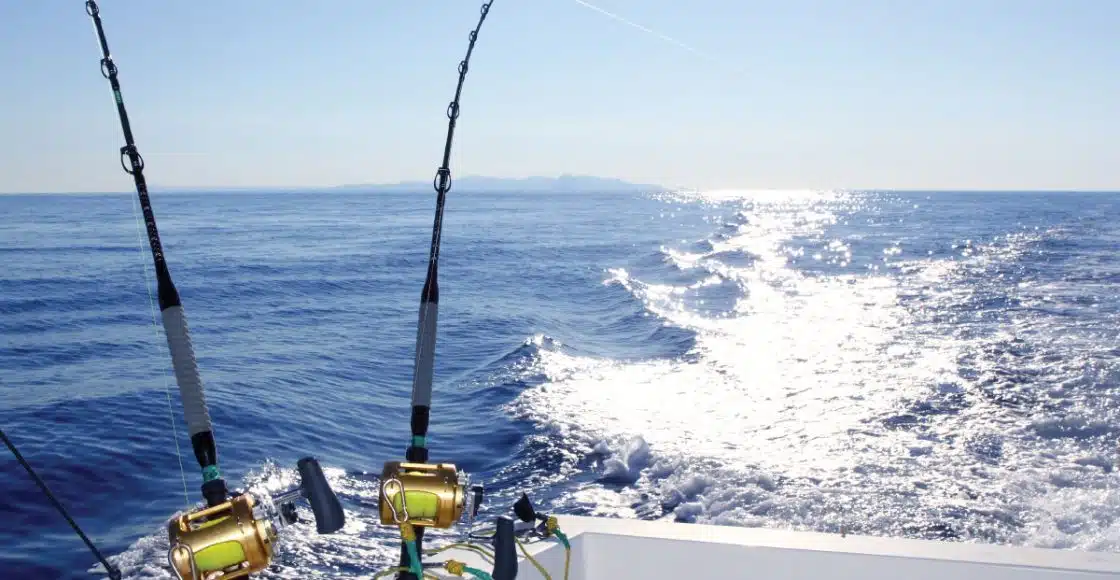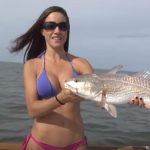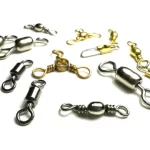Deep sea fishing offers an exciting adventure for anglers of all levels. Start by choosing a reputable charter service that provides all the necessary gear and guidance. Learn the basics of using heavier tackle and fighting larger fish. Be prepared for varying weather conditions and pack essentials such as sunscreen, water, and motion sickness medication. With the right preparation and mindset, deep sea fishing can be a thrilling and unforgettable experience.
Selecting a Charter Service
For beginners, booking a trip with a reputable charter service is the best way to start. Charters provide experienced guides, necessary equipment, and valuable local knowledge. Research different charters in your area, read reviews, and ask for recommendations. Choose a charter that specializes in the type of fishing you’re interested in, whether it’s targeting big game fish like marlin and tuna or bottom fishing for snapper and grouper.
Understanding Deep Sea Fishing Gear
Deep sea fishing requires specialized gear designed to handle larger and stronger fish. Rods and reels are heavier and more robust, capable of withstanding the strain of big fish. Braided or heavy monofilament lines are used to provide strength and abrasion resistance. Terminal tackle includes sturdy hooks, leaders, and swivels. Most charters supply the necessary gear, but it’s helpful to familiarize yourself with the equipment and its use.
Techniques for Targeting Big Fish
Fighting large fish in deep water requires specific techniques. When a fish takes the bait, it’s important to keep the rod tip up and apply steady pressure. Use your body to leverage the rod, rather than relying solely on your arms. Pump and reel technique involves lifting the rod to gain line and reeling in as you lower it. Be prepared for long battles, as big fish often make powerful runs and dives. Stay patient and maintain control throughout the fight.

Dealing with Motion Sickness
Motion sickness can be a common issue for beginners on deep sea fishing trips. To minimize the risk, take motion sickness medication as recommended, usually an hour before departure. Avoid heavy meals and alcohol before and during the trip. Focus on the horizon and stay in the fresh air to help maintain your balance. If you start feeling nauseous, take deep breaths and try to relax. Many anglers find that keeping busy with fishing tasks helps distract from the motion.
Preparing for Weather Conditions
Weather conditions can change rapidly at sea, so it’s important to be prepared. Dress in layers to stay comfortable, as temperatures can vary throughout the day. Bring a waterproof jacket to protect against rain and ocean spray. Sunscreen, sunglasses, and a hat are essential to protect against sun exposure. Pack plenty of water to stay hydrated, as the combination of sun and sea breeze can quickly lead to dehydration.
Learning from the Crew
The crew on a charter boat is a valuable resource for beginners. Don’t hesitate to ask questions and seek advice. The crew can teach you how to set up your gear, bait your hook, and handle fish properly. Observing their techniques and listening to their instructions will enhance your learning experience. Building a good rapport with the crew can make your trip more enjoyable and educational.
Enjoying the Experience
Deep sea fishing is not just about catching fish; it’s about enjoying the overall experience. Take in the beauty of the open ocean, watch for marine life such as dolphins and seabirds, and appreciate the camaraderie with fellow anglers. Whether you land a trophy fish or not, the adventure and memories you create will be rewarding. Stay positive, embrace the challenges, and savor the thrill of deep sea fishing.
With the right preparation and mindset, beginners can embark on a deep sea fishing adventure with confidence, discovering the excitement and beauty of fishing in the open ocean.
Image: BoatSetter





